TABLE OF CONTENTS
Even though, different people have varying degrees of dry mouth; some severe and others more mildly, it is sometimes quite inevitable and something you just have to accept.
Sometimes, it can be avoided though by drinking something cold and doing so right after smoking cannabis.
Learn how to avoid marijuana dry mouth.
Why Does Weed Give You Cottonmouth?
The cannabinoids found in cannabis has an effect on the nervous system. Scientists call this ‘xerostomia.' Primarily, cotton mouth is caused by a cannabinoid known as ‘anadamide.'
A 2006 study indicated that a person's submandibular gland is what mostly produces saliva in the mouth, which contains both type 1 and 2 cannabinoid receptors.
When these receptors were injected into rats during the study, the anandamide bound to these receptors. This limited the essential compounds used to produce saliva.
The customary cannabinoid THC and the anandamide will block the signal of swallowing and ingesting, subsequently causing dry mouth or cotton mouth, whether you consume edibles or smoke cannabis. The fact that you get the munchies after smoking cannabis makes it even more difficult.
Easing Marijuana Dry Mouth
Don't reach for a cold beer after smoking. That will only make matters worse. You should not drink things like tea, heavy wines and fruit juices either as they are attributed to dry mouth because the tannins contained within these beverages add to the dry mouth sensation.
Instead sip water frequently while smoking. You should be doing it through the smoking process. You could also opt for crushed ice, chewing it to produce more saliva.
Chewing gum is another option.
Sweets can also be a great way to attack the munchies and get rid of dry mouth.
Sugary sweets take a longer time than chewing gums to dissipate in the mouth and it produces more saliva. Stay away from chocolate though because it is easy to dissolve in the mouth.
Limit Your Caffeine Intake
Mixing coffee and weed is a fun way to elevate your high. Also known as a hippie speedball, this combination of uppers and downers can keep you focused and mellow. However, caffeine intake of any kind can actually make your mouth drier.
Avoid coffee, energy drinks, sodas, green tea, black tea, and dark chocolate, if possible.
Avoid Mouthwashes Containing Alcohol
Most mouthwashes contain a small amount of alcohol, but this small amount can make your dry mouth worse.
Alcohol in the mouthwash is responsible for the burning sensation you feel when you use it.
When you swish mouthwash that contains alcohol around your mouth, your saliva production is significantly reduced.
Use Mouthwashes Made For Dry Mouth
Similar to sugar-free gum, some mouthwashes specifically made for dry mouth contain xylitol.
These mouthwashes such as ACT Total Care Dry Mouth Mouthwash or Biotene Dry Mouth Oral Rinse can provide dry mouth relief for up to four hours.
Additionally, the mouthwashes can protect your teeth against decay.
Use Artificial Saliva
Over-the-counter saliva replacements can come in various forms including oral sprays, oral ringes, gels, swabs, and dissolving tablets.
Over-the-counter saliva substitutes such as Mouth Kote or Oasis Moisturizing Mouth Spray also use xylitol to their advantage.
Just like using eye drops to relieve red and dry eyes, artificial saliva can help your dry mouth.
Some mouthwashes contain carboxymethylcellulose or hydroxyethyl cellulose such as Biotene Oral Balance.
Here are a few of the most popular brands of artificial saliva:
- XyliMelts
- Oasis mouth moisturizing spray
- NeutraSal
- Mouth Kote dry mouth spray
- Biotene Oralbalance moisturizing gel
- Aquoral
Avoid Antihistamines and Decongestants
Antihistamines and decongestants can help relieve symptoms of the common cold. They can also unintentionally cause dry mouth. Antihistamines can not only make your mouth dry, but also your nose and throat.
On a similar note, some medications can also cause dryness of the mouth. We don’t suggest you stop taking your medication (unless approved by a doctor), but it’s good to know what affects your saliva production. For example, the following medications can cause dry mouth:
- Antidepressants
- Muscle relaxants
- Appetite suppressants
- Diuretics
- Bronchodilators
- Hormone medications
- Antihypertensives
Breathe Through Your Nose
Breathing is an automatic biological response. Most of the time, we’re unaware of how we are breathing.
Most people breathe in and out through their nose, keeping the nasal passages moist and warm.
Some people breathe through their mouths, also known as mouth breathing.
Conditions such as sleep apnea can cause people to breathe through their mouth while asleep. The common cold can also lead to serious mouth breathing.
“
There are over 300,000 jobs in the cannabis industry. CTU trained me for one of them!

Makes $24.50 @ THC +
After consuming marijuana, try to focus on breathing through your nose instead of your mouth. If you do this, you’re less likely to experience the intense feeling of a dry mouth.
Use a Humidifier
If your ambient air is dry, a room humidifier can fix the problem and reduce the amount of dryness you experience.
Humidifiers work by increasing the space’s relative humidity. Humidifiers can circulate air throughout the room. This means there’s more humidity in your nasal passages allowing you to breathe better through your nose.
Herbal Remedies
Some herbs are known to stimulate saliva production. Here are a few herbs you can consume to avoid dry mouth:
- Aloe vera
- Ginger
- Hollyhock root
- Marshmallow root
- Nopal cactus
- Spilanthes
- Sweet pepper

Gavin Kushman
Gavin is a worldly adventurer and cannabis connoisseur, embarking on journeys that take him to the far corners of the globe to explore and document the varied effects, flavors, and histories of both renowned and lesser-known strains. From the misty high-altitude farms of the Hindu Kush highlands to the vibrant cannabis cafes of Amsterdam, Gavin's quest for knowledge spans continents. A recognized authority in the cannabis industry, he frequently lends his expertise to leading publications such as Cannabis Training University, where his captivating blog articles chronicle his unique experiences with different cannabis strains.


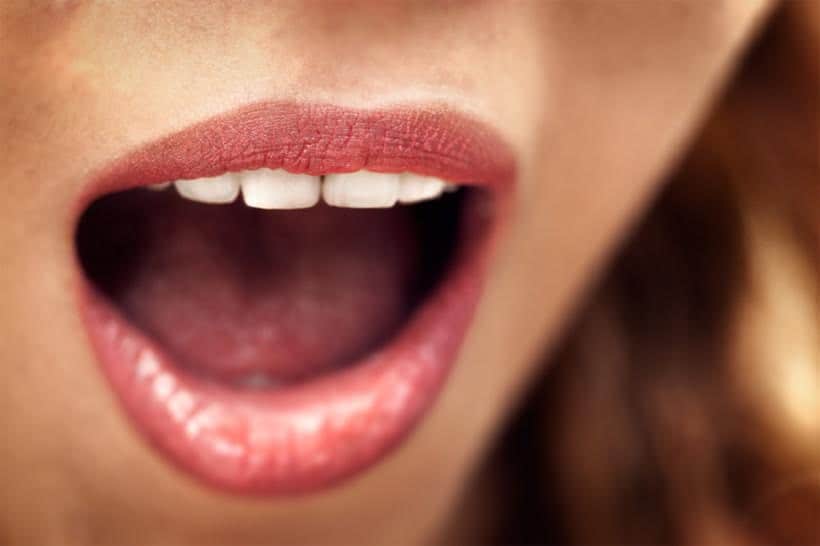
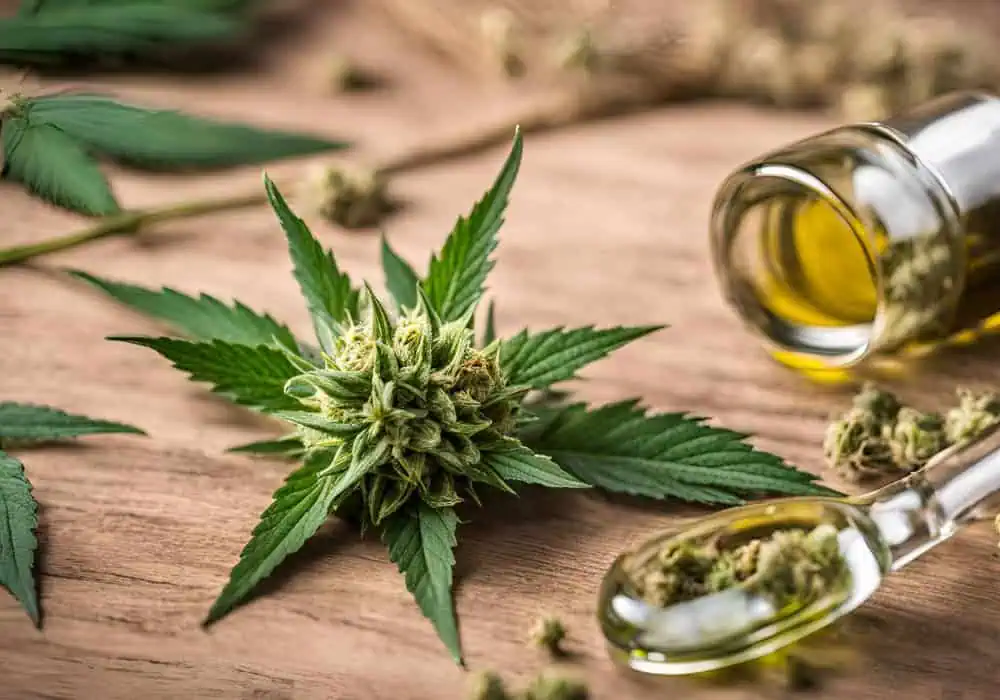


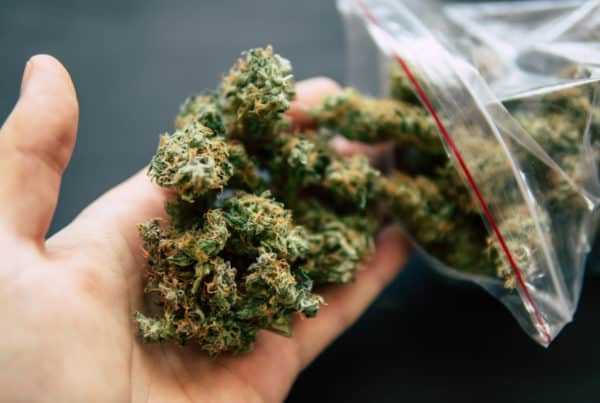
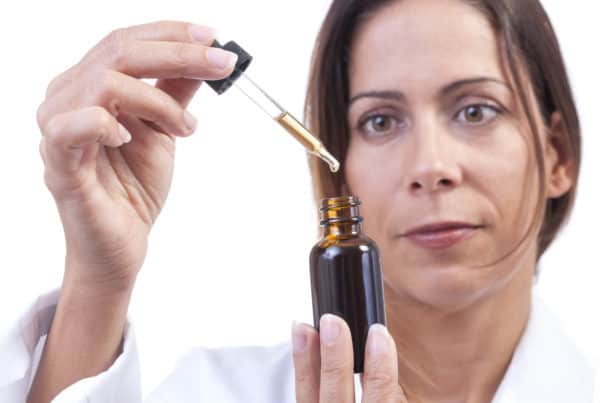
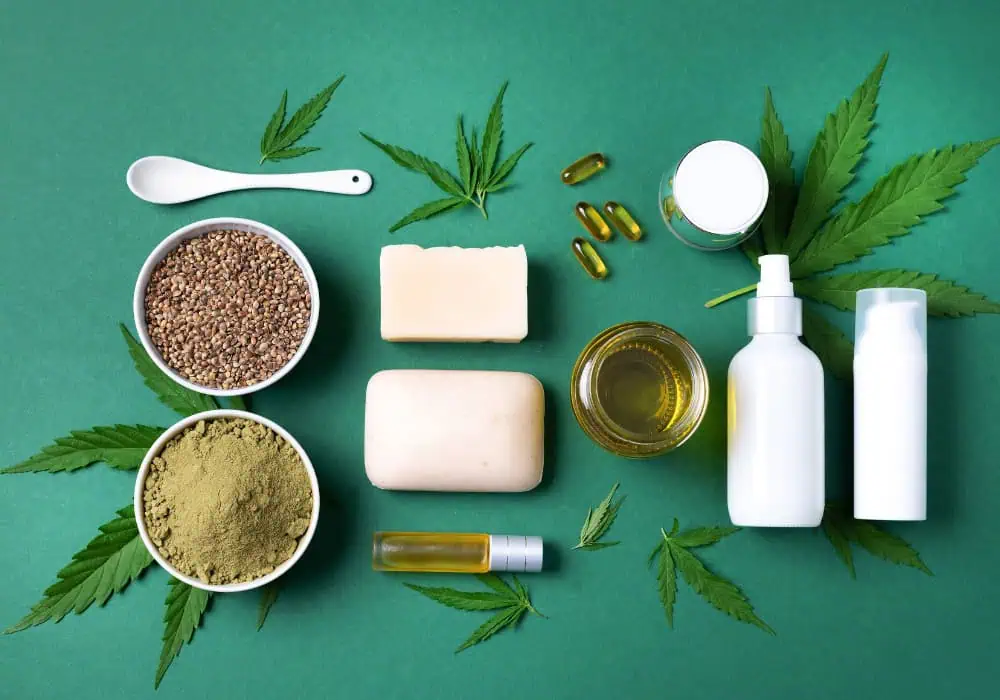
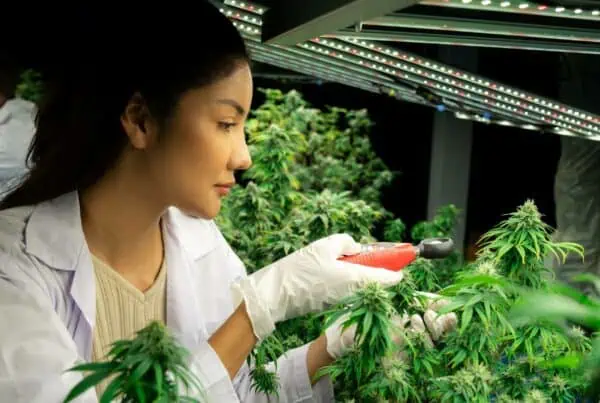
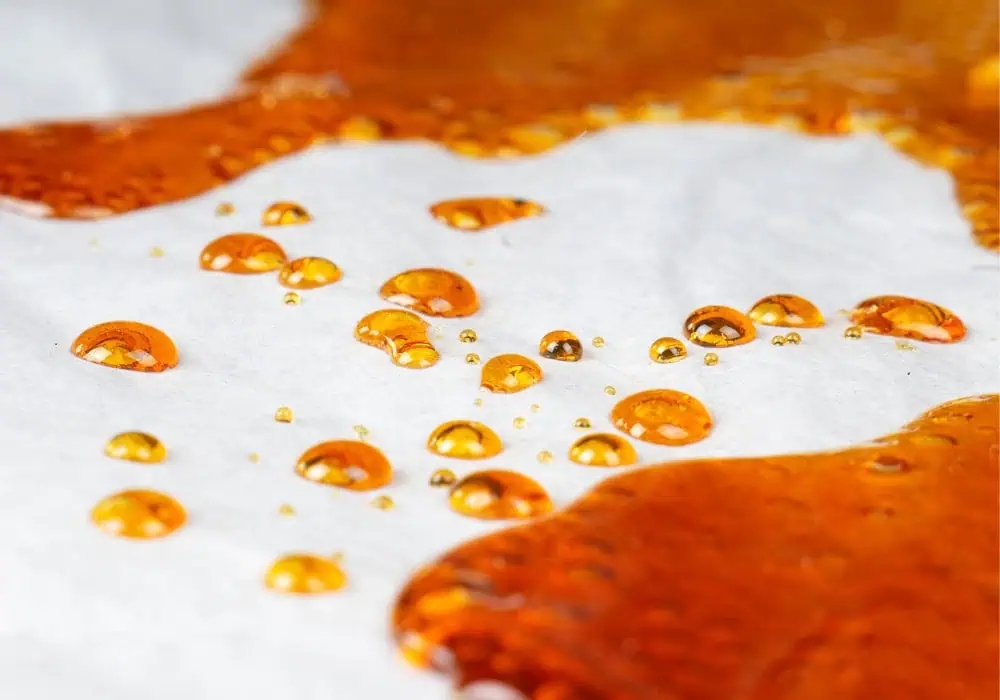

 Jeff was involved in an accident where he endured a traumatic brain injury. He had a week-long stay in ICU where brain surgeons
Jeff was involved in an accident where he endured a traumatic brain injury. He had a week-long stay in ICU where brain surgeons  100% risk free money back guarantee within 48 hours after purchase if student has not completed any of the courses or exams.
100% risk free money back guarantee within 48 hours after purchase if student has not completed any of the courses or exams.